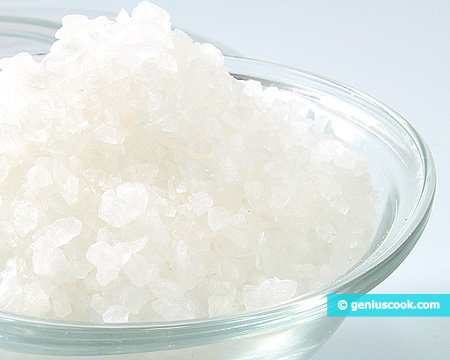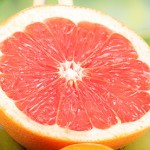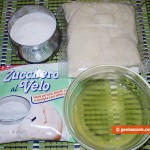Dietary Sea Salt, Is It Wholesome?
Dietary sea salt is a white crystalline substance, one of few minerals edible for people; it is the oldest known kind of spice. Salt is necessary for everybody because it is one of blood constituents.
Dietary sea salt has been obtained for more than 4,000 years by natural means, namely: by evaporating sea water in the sun in little pools. There are rare gases in sea salt crystals, and when the crystals are crushed, they escape creating a subtle aroma of sea sprays.
Dietary sea salt accentuates the taste of any product. It contains sodium chloride and about 60 other natural elements that bolster up the human body.
There are a number of chemical elements like iodine, potassium, sodium, calcium, magnesium, bromine, selenium, manganese, phosphorus, iron, silicon and others in dietary sea salt, they all help regulate the body’s metabolism.
Man’s need in salt is instinctive. Saltiness is one of the basic taste components. Salt shortage impairs working efficiency, endurance, reaction speed. A man with salt deficiency looks sluggish, feels weak and sleepy. If salt is completely absent from the diet it results in vertigo, nausea, loss of taste, at times a complete one.
Still one has to keep in mind that the normal intake of salt is 10-15 grams a day. Salt surplus causes overload on kidneys, pressure increase and weight gain. So, one has to mind the balance and observe the norm.

Dietary Sea Salt







